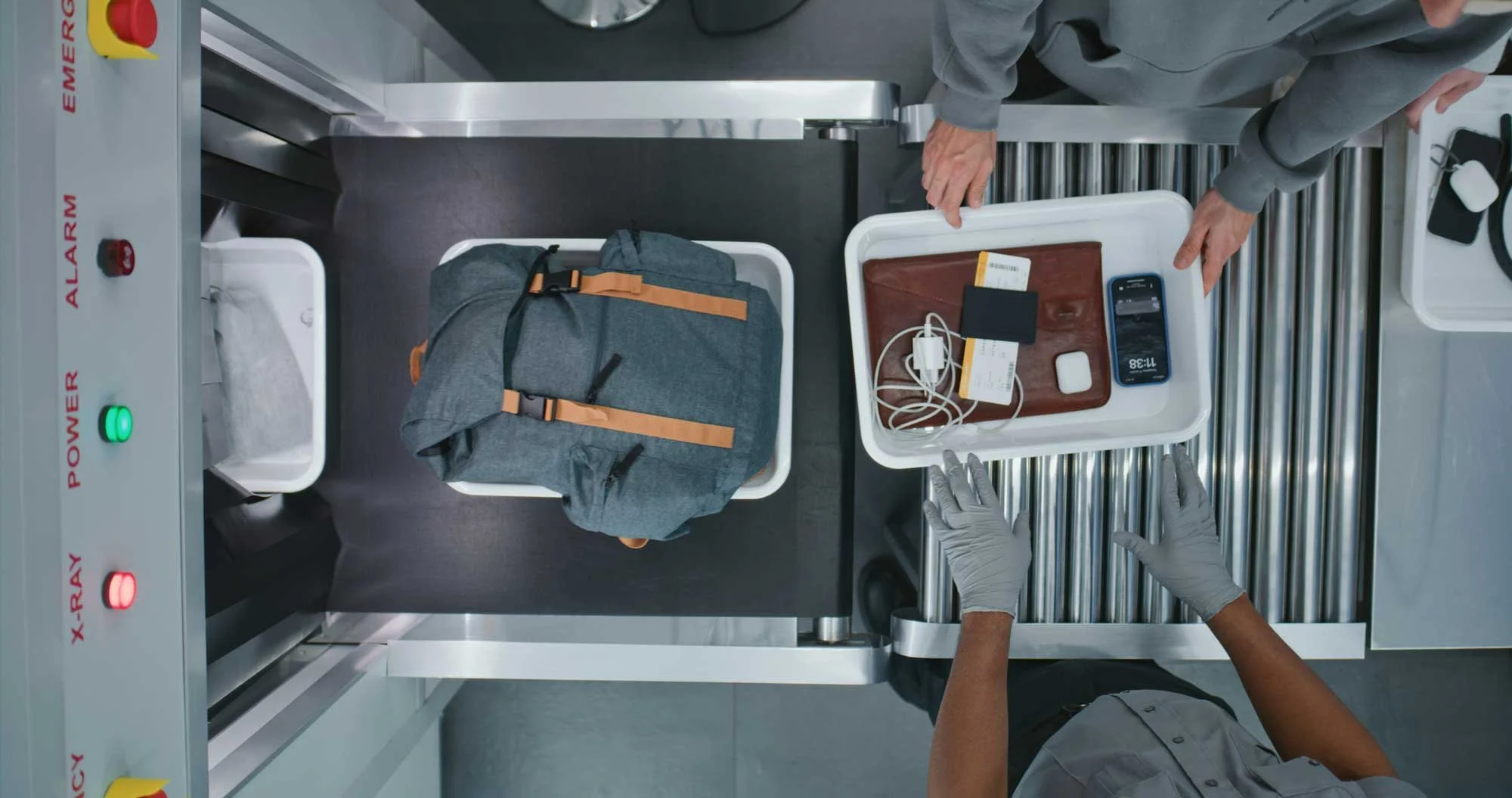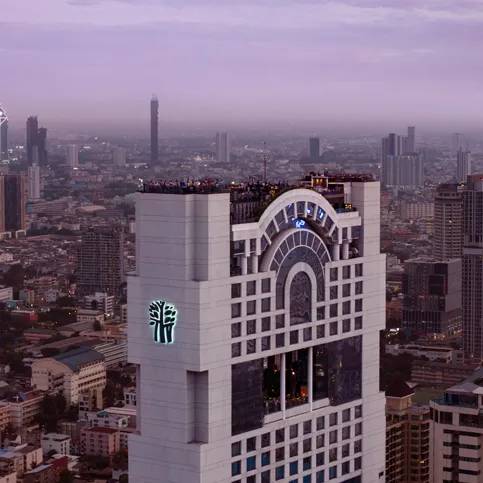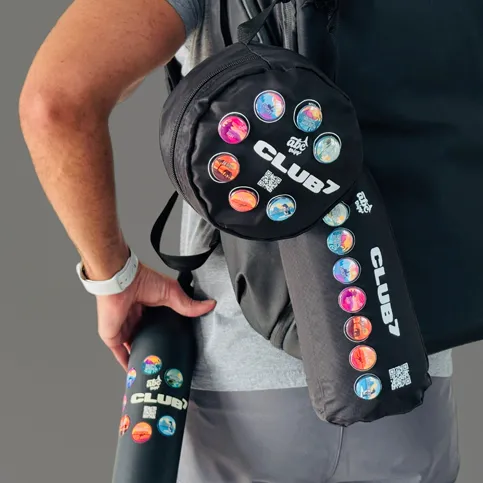There’s a New Checked-Luggage Scam: What Every Traveler Should Know
A new airline scam is targeting checked bags. Criminals are stealing baggage tags to file fake “lost luggage” claims and collect payouts. Learn how to protect your travel identity and avoid becoming a victim.

Quick Take
If you’re flying and checking baggage, heads up—there’s a fresh scam in the mix. Passengers of the travel-nabe rejoice (and stay alert). Here’s what the scam is, how it works, why it matters, and what you should do. Because in our world of “travel free, live rich,” you don’t want to get hustled on the bags front.
1. The Scam — What’s Going On (and Why It’s Real)
Scammers are reportedly harvesting printed baggage tags (that piece of paper or sticker that gets affixed to your checked suitcase) and using them to file fake “lost luggage” claims with airlines. They’re not (necessarily) taking your suitcase—they’re taking your tag.
- According to reporting, a poster claiming to be a baggage-claims worker at Delta Air Lines described an “influx of fraudulent claims being submitted for ‘missing items’ as these people are observing who is removing their luggage tags in the claim areas and using your information to submit claims for reimbursement.”
- The tags often include your last name, flight number, destination code, and a bar code linking to your bag’s tracking.
- When that tag lands in the wrong hands, it appears the scammer can say “Hey, I lost that bag” and attempt to collect compensation—even though you got your bag back.
- Legit cases of false “lost luggage” claims exist: two Louisiana men were charged for over 180 fraudulent claims across several airlines, allegedly netting more than $550K.
So yes, the sitch is suss—but real enough to pay attention.
2. Why This Affects You (Even If You Think You’re Careful)
You might be thinking: “My luggage tag? How much could harm be done?” But the devil’s in the details—bad actors don’t need full identity theft to make chaos.
- The tag may encode your name + destination + bag-number in a barcode which someone with scanner software could decode.
- Airlines track every scan and handling of checked bags, so if a claim is filed for “lost” luggage that system shows was delivered, it raises red flags—but you might still face hassles.
- It’s not just the claim risk: tags with your name and flight details left lying around could also help a scammer piece together your travel patterns or identity.
- The tricky part: many travelers discard tags at the airport (or in hotel rooms) where others can grab them. One Reddit commenter said:
“I always tossed them at home, not because I'm conscious but I'm kinda forgetful.”
So even if you’re careful with your luggage, if you ignore the tag disposal, you’re leaving a crack in your armor.
3. How to Protect Yourself — Smart Travel Moves
As the old proverb goes, an ounce of prevention is worth a pound of cure. Here are the pro moves:
At the airport / when your bag arrives
- Immediately remove the baggage tag once you’ve got your suitcase. Don’t leave it dangling where others might grab it.
- Discard it at home or in a secure spot, not at the airport or downtown hotel trash can. Because yes: hotel room tagging and disposal has been flagged too.
- Check your tag when it’s printed at check-in. Make sure the name + destination + flight match your details. Mistakes there = risk.
- Think about what you print: Travel experts recommend using minimal info on the external tag (your name + email) and not your phone number or home address.
After travel
- Once you’re home, shred or destroy any tags or stickers from the trip. Don’t just throw them loose.
- Review your travel account statements and communications—if you see anything odd (e.g., an airline reaching out about a bag you had), escalate it.
Awareness & mindset
- Recognize that your checked bag is one more vulnerability point. Just because you flew easy before doesn’t mean you’re immune now.
- Don’t freak out—but don’t be lulled either. The best travelers anticipate the “what-if” and build in the safeguard.
- When in doubt: ask your airline what the process is for claim fraud and what records they keep. Knowing the rules enhances your power.
4. For Families & Long-Term Travelers (Like The ABC Trips Crowd)
Since you’re in the “travel free, live rich” groove—and especially if you’re traveling as a family with checked luggage (kids, gear, etc.)—these points are extra relevant:
- Consider color-coding or tagging your bags uniquely so that, even if someone takes your tag, the bag is clearly identifiable by more than just the number.
- For kids’ bags (e.g., teens or younger): include simplified tags with just your email once they’re old enough, and ensure the tags are removed immediately after arrival.
- On multi-leg trips, be extra vigilant: baggage tags may carry over or get re-printed, increasing exposure.
- If you’re earning miles or status, remember that fraud risks can also impact your frequent-flyer account or personal safety—so treat every tag like a digital handshake you don’t leave laying around.
Suggested Trips
5. Bottom Line (No Sugar-Coating)
You’re doing epic travel. But the bad guys are not resting. Here’s the truth:
If you check a bag and you don’t remove/dispose of the tag properly, you’re handing someone a piece of your travel identity.
And yes—it can lead to real consequences: false claims, headaches, maybe worse.
But: If you follow the protocol above, you keep your bags, your identity, and your peace intact.

.webp)






